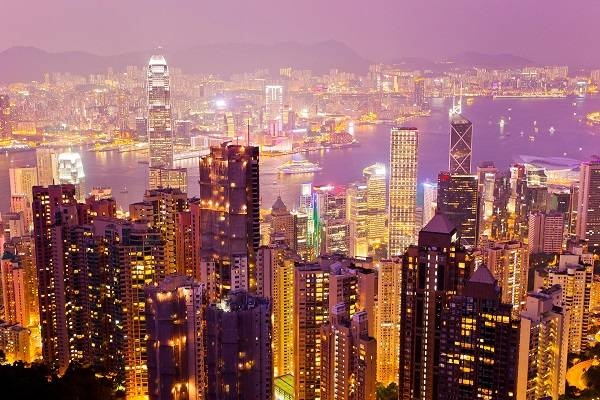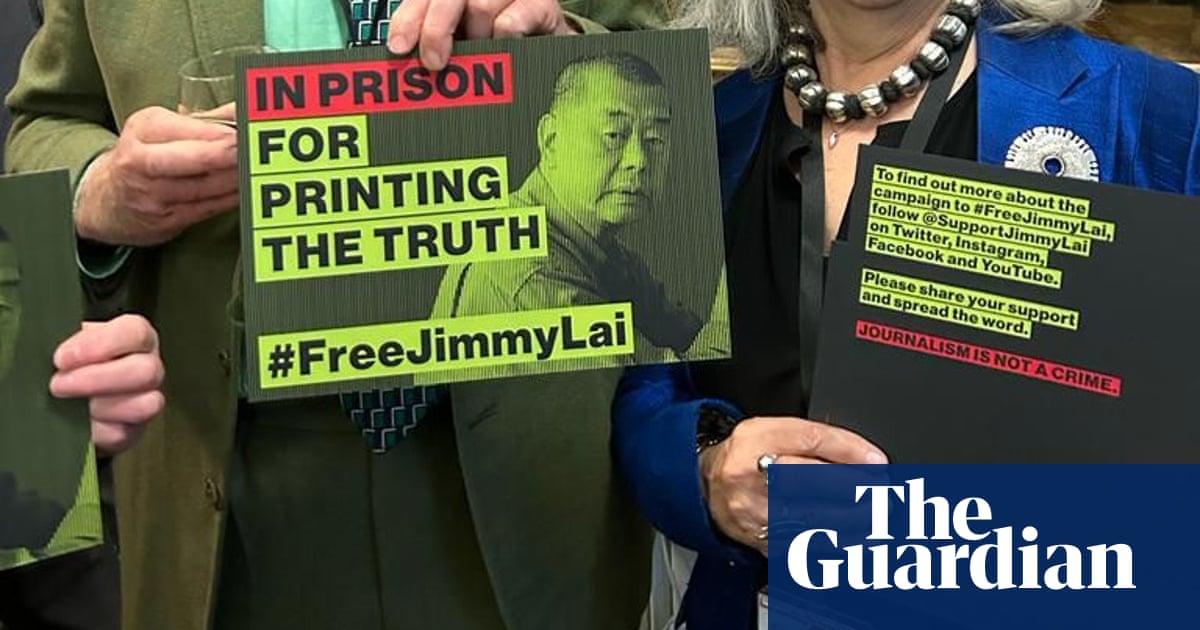
An estimated 1 million Hong Kong residents took to the streets in early June to protest an unpopular extradition bill making its way through the legislature. Hong Kongers fear this bill would endanger them and any visitors that may run afoul of mainland China — further tightening the grip that Beijing has over the semi-autonomous region. After all, if the extradition bill is enacted, it would be possible for mainland China’s security apparatus to demand the arrest of political dissidents and subject them to the mainland’s notorious courts, which have a 99.9 percent conviction rate.
The protests have since morphed into a debate on the complex functional and geographical constituency systems in Hong Kong, which do not allow for universal suffrage, as well as Beijing’s increasing influence beyond the region’s defense and foreign policy. Currently, Hong Kong’s Legislative Council is dominated by a pro-Beijing camp that holds more than 40 of the 70 seats. Additionally, the chief executive must support the central government and cannot take office unless appointed by the National People’s Congress Standing Committee (NPCSC) in Beijing. Other “encroachments” include the NPCSC’s ability to undermine the judicial independence of Hong Kong courts and exercise enormous influence in its legislature and self-governance.
These actions subvert the “one country, two systems” constitutional principle formulated by Deng Xiaoping in the 1980s to guide Chinese reunification. This allows Hong Kong to keep its own economic and administrative systems, separate from the “socialism with Chinese characteristics” of mainland China. Thus, in addition to a mini-constitution, government and police force, Hong Kong residents are able to enjoy liberties that are denied to mainland Chinese, such as free speech and the right to free assembly.
It was an unusual agreement to make given the Communist Party of China’s (CPC) preference for total dominance over fragile compromises with pan-democratic forces. However, the events of Tiananmen Square had alarmed Hong Kong elites and Beijing was fearful of capital flight, especially during critical mainland market reforms. To this day, corporations and real estate tycoons hold great sway in Hong Kong politics because, in Beijing’s view, it is better to deal with subservient elites than with rebellious pan-democracy groups that have more in common with the US. The former needed Beijing’s blessing when dealing with the mainland, while the latter’s ambition of full independence was a non-starter amid the CPC’s reunification goals.
The developments in Hong Kong have become a battle between the mainland’s intransigence and impassioned pan-democratic groups unwilling to part with precious liberties. Beijing has long sought to quash any prospect of universal suffrage, even before the 1997 handover, fearing that Hong Kong’s democratic groups are a Western Trojan horse aiming to undermine the CPC’s rule. Beijing’s responses to the protests refer to a Western “black hand” instigating the unrest — dismissing the local, leaderless grassroots campaign as a mere machination of a foreign adversary.
This response comes as no surprise given the CPC’s obsession with the circumstances surrounding the fall of the Soviet Union. However, this obsession predicts that, when tensions escalate, Beijing is likely to resort to violence — as seen with the 1989 Tiananmen Square massacre — and repression, rather than suffer any perceptions of weakness or potential territorial disintegration. The recent internment of Uighurs and the crackdown on a separatist movement in Tibet are grim reminders of Beijing’s proclivity for crackdowns to rein in dissent or the potential for it.
There are claims that Beijing is loath to repeat the events of Tiananmen Square out of wariness of a domestic backlash and a host of punishing sanctions from overseas. However, Beijing’s political calculus has already demonstrated that domestic upheaval and international censure are “manageable outcomes” — they may be costly, but the CPC’s political control should always be absolute. To that end, the NPCSC and even Hong Kong’s mini-constitution allow for Beijing to move armed forces into the special administrative region in order to maintain public order.
There is also an argument that Hong Kong is too important as a gateway to world financial markets for Beijing to order an armed intervention. This would have been true in 1993, when 27 percent of China’s gross domestic product came from Hong Kong. Today, it is a little more than 2 percent thanks to the rise of Beijing and Shenzhen as major international hubs alongside Shanghai, Chengdu, Tianjin and Guangzhou, which already rival Hong Kong in terms of their strategic importance to the Chinese economy and are rapidly establishing connections to the rest of the world. But this does not mean that Hong Kong is any less important, as the region still holds untold sums of wealth and a highly lucrative real estate market.
Elsewhere in the world, the Hong Kong diaspora has held solidarity protests and rallies in cities across the US, Canada, Australia, New Zealand, Japan, Taiwan, Germany and the UK. For the governments of these countries, concerns are mostly centered on the potential misuse of the extradition bill to round up Hong Konger or foreign dissidents.
There are also fears that continued unrest will severely impact Hong Kong as a major international finance hub at a time when two of the largest economies in the world are in the middle of a tariff war, which is already projected to negatively affect the global economy. For the time being, foreign governments can only urge calm and issue veiled warnings against escalations in the hopes of preventing another incident like Tiananmen Square.
The most important reactions, however, are those from the US, given the use of the American flag and its national anthem as rallying symbols. The congressional leadership has expressed support for the protests, while the White House initially sought to distance itself. That reaction was expected given the ongoing trade tensions between the two countries and Beijing’s unwillingness to match Washington’s latest tariff reduction. The tone has since shifted amid concerns of an imminent crackdown — with the threat of US sanctions should Beijing fail to quell the protests peacefully.
It is doubtful if such reactions carry any weight, since the China of today is not the same as the China of the 1980s. Beijing has already developed a knack for flexing its muscles and acting with impunity, from the Uighurs to Tibet and spurious sovereignty claims in the South China Sea to a more aggressive stance on Taiwan. More recently, it has continued to purchase Iranian oil despite US sanctions. The White House has not demonstrated any desire to check China’s geopolitical ambitions as previous administrations have done. President Donald Trump has only sought Chinese cooperation on trade, economic policy and North Korea, which does not bode well for Hong Kongers.
The bottom line is that China’s determination not to be seen as weak, while misguided, will likely mean that it will not give in to the demands of protesters. Meanwhile, the demonstrators, given what happened in the aftermath of Tiananmen Square, now have more reason to not back down.
Someone needs to climb down the tree first, but the question is who will it be?
Hafed Al-Ghwell is a non-resident senior fellow with the Foreign Policy Institute at the John Hopkins University School of Advanced International Studies. He is also senior adviser at the international economic consultancy Maxwell Stamp and at the geopolitical risk advisory firm Oxford Analytica, a member of the Strategic Advisory Solutions International Group in Washington and a former adviser to the board of the World Bank Group. Twitter: @HafedAlGhwell











